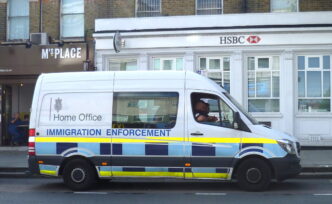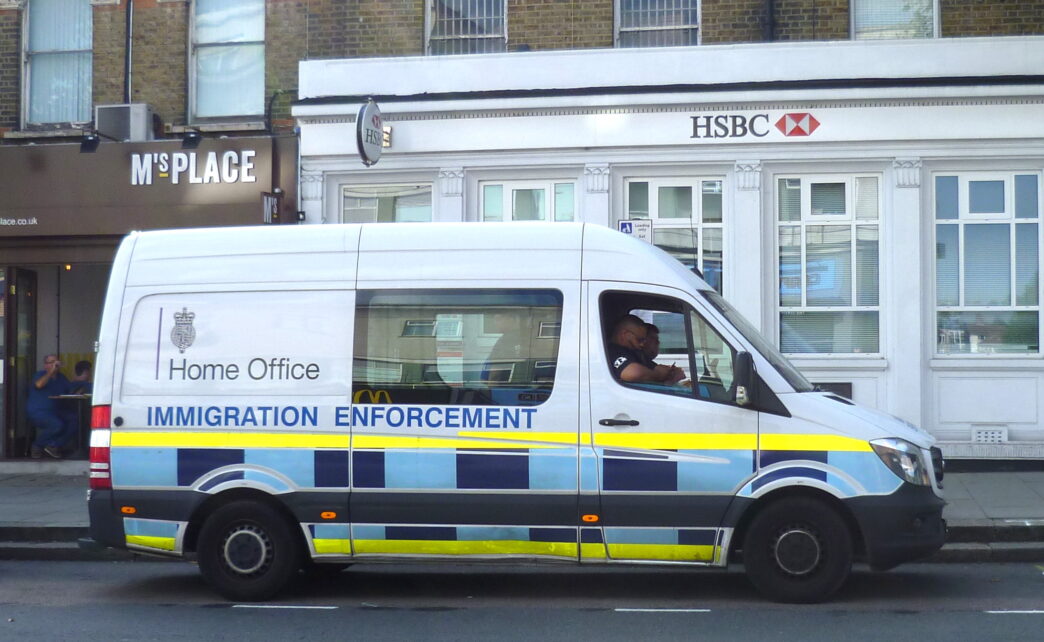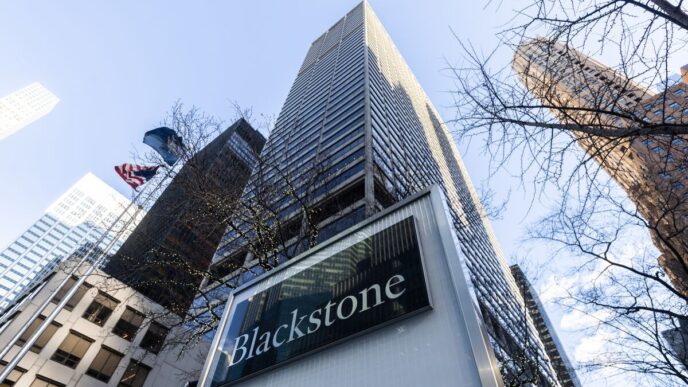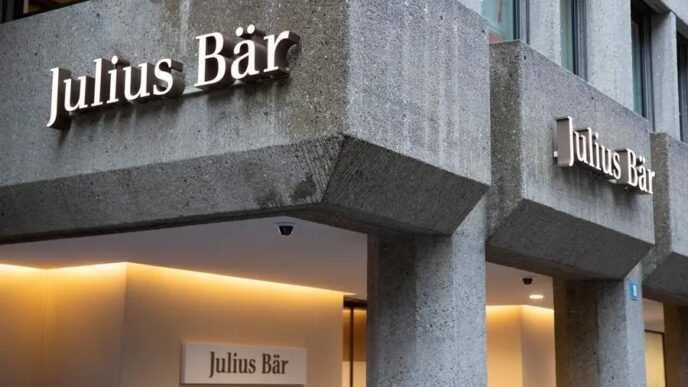In a decisive move to strengthen immigration enforcement, the UK government is introducing stringent new regulations aimed at curbing illegal employment practices, particularly within the gig economy.
For the first time, companies employing gig economy and zero-hours workers—including sectors like construction, food delivery, beauty services, and courier operations—will be legally obligated to verify workers’ eligibility. These quick and simple checks confirm immigration status, ensuring compliance with UK employment laws.
Until now, many businesses using flexible workforce arrangements were not mandated to conduct these verifications. That is about to change. Companies failing to comply will face strict penalties, including fines of up to £60,000 per illegal worker, potential business closures, director disqualifications, and even prison sentences of up to five years.
Leveling the Playing Field for Businesses
This initiative aims to ensure fair competition by holding all businesses accountable to the same legal standards. Leading companies such as Deliveroo, Just Eat, and Uber Eats have already voluntarily implemented worker verification processes.
Home Secretary Yvette Cooper emphasized that this measure is part of a broader effort to enforce immigration rules and dismantle networks of people smugglers who exploit migrants with false job promises.
“Under our Plan for Change, we are restoring order to the asylum and immigration system by implementing tougher laws and bolstering enforcement to tackle illegal working and hold rogue employers accountable,” said Cooper. “Turning a blind eye to illegal employment encourages exploitation and undercuts law-abiding businesses.”
Strengthening Enforcement and International Cooperation
The new policies align with the UK’s broader crackdown on illegal immigration and organized crime. Immigration Enforcement teams have ramped up operations, conducting nearly 7,000 illegal working investigations and making over 4,700 arrests since July—a 40% increase from the previous year. Authorities have also issued more than 1,500 civil penalty notices for violations.
To further enhance enforcement, Immigration Enforcement officers will begin using body-worn cameras in May, backed by a £5 million investment. This will help collect evidence against businesses that flout immigration laws and improve prosecution success rates.
Industry Leaders Back the Initiative
Companies in the gig economy have welcomed the reforms. Claire Pointon, Managing Director of Just Eat UK and Ireland, stated:
“We support a well-regulated and fair delivery sector. By implementing biometric checks, we swiftly remove unauthorized workers from our platform. We applaud the Home Office for extending these requirements across industries.”
A Deliveroo spokesperson added:
“We have led the way in preventing illegal work, collaborating closely with the Home Office. Our robust verification processes—including daily identity checks—help protect our platform from misuse. We welcome the government’s initiative to ensure industry-wide compliance.”
An Uber Eats representative echoed the sentiment:
“We are fully committed to combating illegal employment and the criminal networks behind it. Our advanced verification technologies strengthen our platform, and we support additional government efforts to enforce fair labor practices.”
Enhancing Border Security and Future Actions
The crackdown is part of a broader legislative push that also introduces stricter monitoring measures for foreign criminals facing deportation. Electronic tags, nighttime curfews, and exclusion zones will be enforced, with breaches resulting in immediate arrest and possible imprisonment.
Additionally, the UK government will host the first-ever International Organised Immigration Crime Summit on March 31, 2025. Bringing together over 40 nations, the summit aims to coordinate global efforts to combat illegal employment, strengthen border security, and dismantle organized crime networks facilitating unlawful migration.
With these enhanced regulations and enforcement measures, the government aims to protect legitimate businesses, uphold fair labor standards, and maintain the integrity of the UK’s immigration system.
















